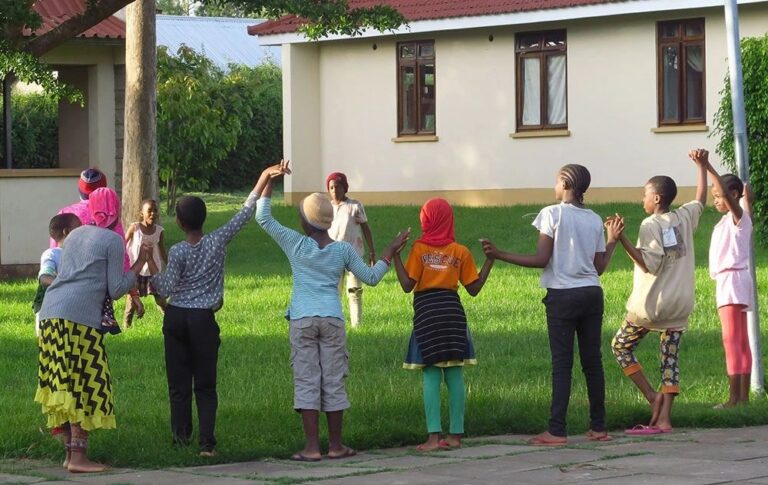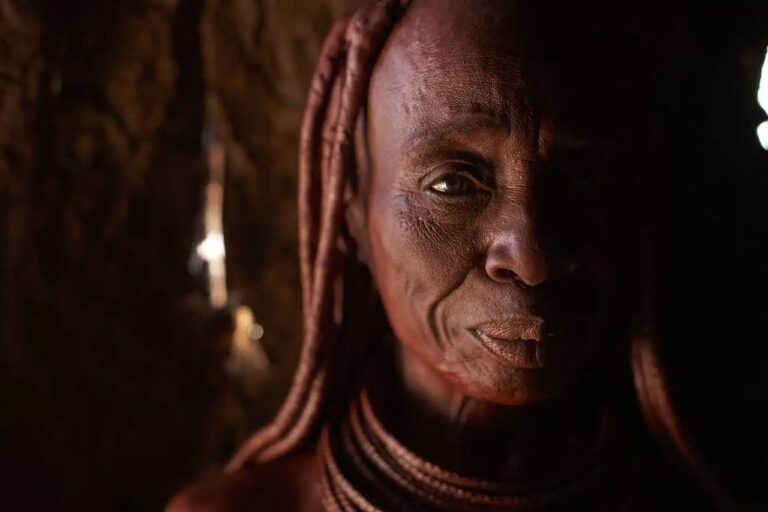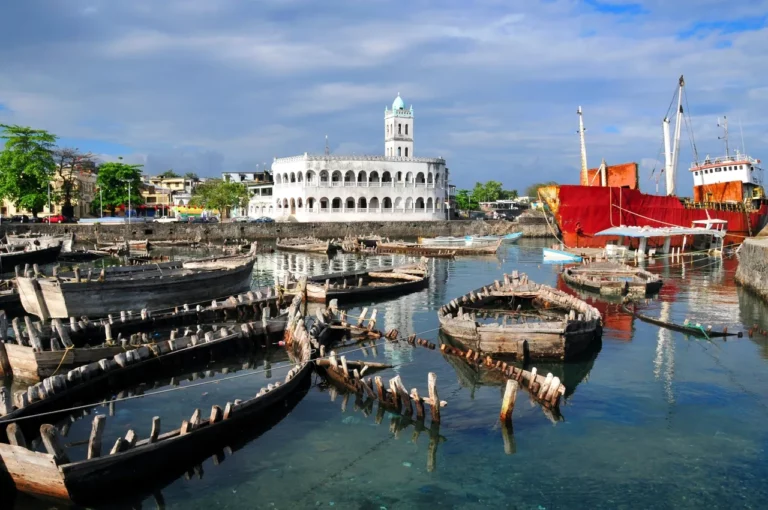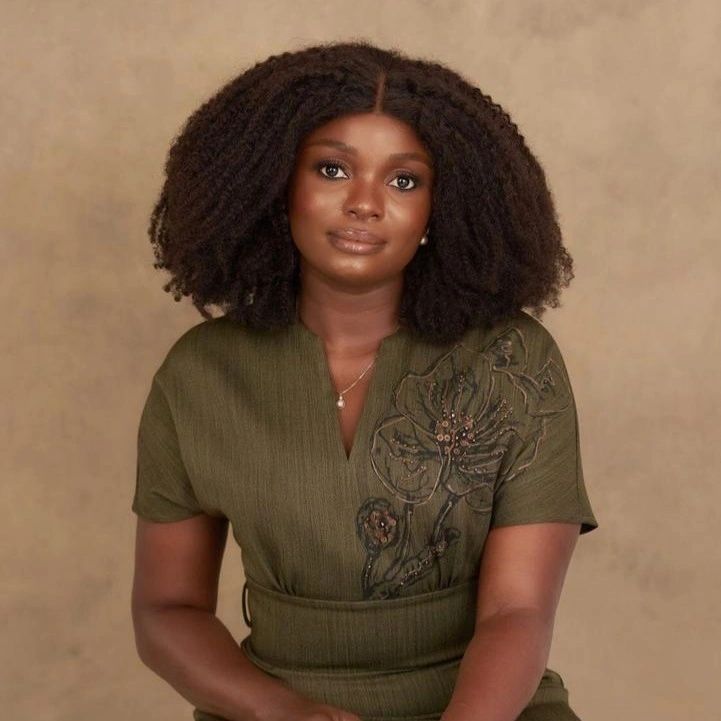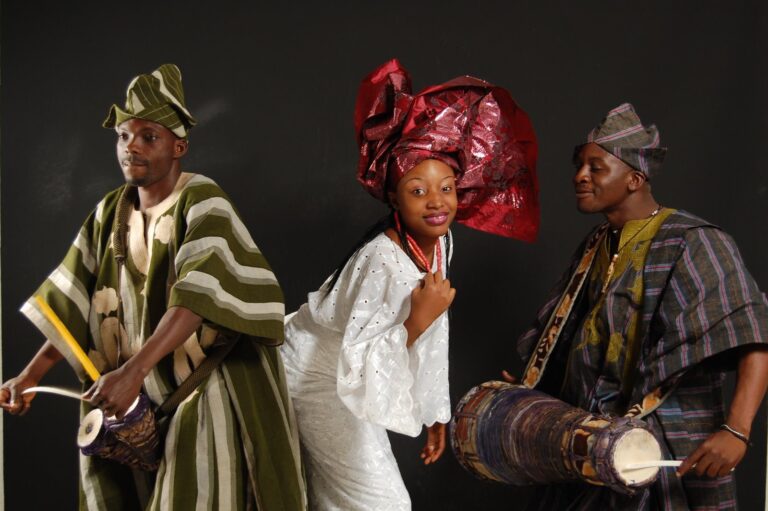Five African Books You Need to Read This Year!
African literature is widely acclaimed for its ability to capture the legends, myths, and histories that were passed down orally. Here are five must-read African books that showcase the diversity of African cultures and languages.

- Things Fall Apart by Chinua Achebe
In 1958, Nigerian author Chinua Achebe published his groundbreaking novel, “Things Fall Apart,” which quickly became a seminal work in African literature. The novel explores the tragic downfall of Okonkwo, a proud Igbo warrior struggling to preserve his traditional way of life amid British colonialism. Achebe’s novel remains as relevant and thought-provoking today as it was over sixty years ago when it was first published. It is a timeless work that deserves to be read and studied by anyone seeking to gain a deeper understanding of the human experience and the impact of colonialism on societies around the world.

- Half a Yellow Sun by Chimamanda Adichie.
In “Half of a Yellow Sun,” Chimamanda Ngozi Adichie tells the story of three characters whose lives are intertwined amidst the Nigerian Civil War. Through the lens of their relationships, the author explores the themes of love and loss while also painting a vivid picture of the impact of war on individuals and communities. With its powerful storytelling and well-developed characters, this novel is a moving and thought-provoking read.

- We Need New Names by NoViolet Bulawayo
The debut novel of NoViolet Bulawayo, “We Need New Names,” tells the story of Darling, a young Zimbabwean girl who faces the tough realities of poverty and displacement. With clever humour and striking observations, Bulawayo presents a raw yet amusing portrayal of life in a Zimbabwean shantytown and Darling’s subsequent journey to America in search of a better future. “We Need New Names” is a thought-provoking read that will challenge your perceptions of poverty and migration and offer a poignant insight into the lives of people who are struggling to find their place in the world.

- Homegoing by Yaa Gyasi
Yaa Gyasi’s debut novel, “Homegoing,” is a sweeping epic that spans multiple generations and continents. The book begins with two half-sisters in 18th-century Ghana, each following a different path—one sold into slavery, the other married to a British slaver. The narrative unfolds through the perspectives of their descendants, providing an exploration of the impact of slavery on the African diaspora.

- Cry, the Beloved Country by Alan Paton
The novel “Cry, the Beloved Country” is set in a country divided by racial segregation where every aspect of life is defined by apartheid. Reverend Stephen Kumalo, a Zulu pastor from a rural village, travels to Johannesburg to look for his son, Absalom, who has gone missing in the city’s shadows. The story is told in two parallel narratives, one of Kumalo’s journey and the other of his son’s descent into crime. The novel by Paton is a powerful account that portrays the racial tensions, injustices, and human suffering of that time.

Africa has a rich and complex history, and these five books offer a glimpse into its past and present. From the legacy of colonialism to civil wars, forced migration, slavery, and apartheid, Africa has faced numerous challenges throughout its history. Through storytelling, we can gain a deeper understanding of Africa’s past and present and appreciate the many contributions it has made to our world.

